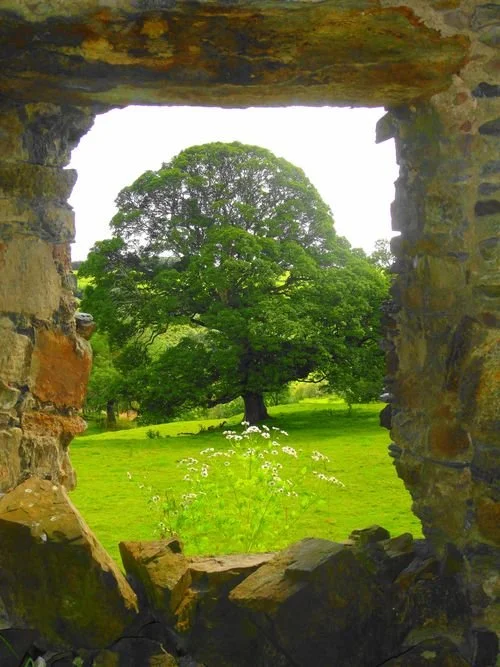Instead of measuring a church by its attendance and budget, here’s another idea:
Let’s assess it by the quality of community life that disciples people to love well: a culture that equips individuals to have a 1st hand life with God and commitment to release people in their gifts.
Rich Villodas
Ruth Haley Barton notes that community is the most ‘overpromised and underdelivered’ aspect of the church today. There is something about human beings trying to get together and function together over the long haul that is difficult. What about you? How many have joined a church in hopes of experiencing care, connection and belonging, only to be disappointed? Or have been deeply involved with the church but were not being transformed at the deepest levels of your being?
The promise that we can become like Christ is one of the great promises of the gospel (Galatians 4:19). Spiritual transformation is central to the message of the gospel and therefore central to the mission of the church.
At PasCov we are committed to create opportunities for community in which spiritual transformation takes place. Our transformation takes place ‘in and through the Trinity, as God transforms us into the image of Christ through the real presence of the Holy Spirit’ (Barton, Life Together in Christ). Some of our transformation takes place in solitude with God and also by choosing to walk together where certain kinds of growth, attention and support can be cultivated for the purpose of deep change into the image of Jesus.
Lord Jesus, may we be known as a community that disciples people to love well, that invites everyone to a transformed shared life!
Grace and peace,
Anita Sorenson
Pastor for Spiritual Formation
I

